
Despite massive naturalization, the UAE still lost to a purely native Iraq - Photo: REUTERS
Unfinished because of naturalization
As the 2026 World Cup qualifiers gradually reach the final stage, it is also the time when fans realize a truth: teams that massively naturalize players cannot reap success.
China were eliminated from the third qualifying round, Indonesia stopped at the fourth round, and UAE lost to a purely local Iraq in the intercontinental play-off match.
At a lower level, the "phenomenon" of Sri Lanka was also deciphered by Thailand, through a disastrous 0-4 defeat in the 2027 Asian Cup qualifiers. And Malaysian football left perhaps the worst stain in football history, when it sought to naturalize players who were completely unrelated.
Of course, to be fair, naturalization isn't all that bad. Thanks to naturalizing two-thirds of the team (overseas Vietnamese players living in the West), Sri Lanka finally... knows how to play professional football.
And thanks to naturalization, Indonesia was able to enjoy competing for a World Cup ticket until the last minute, or the feeling of playing on par with continental giants like Saudi Arabia, Australia...
But the success of this policy may only go so far.
Indonesia's rapid and massive naturalization policy has created a special precedent for the football world, when one football country focuses on taking advantage of its relationship with another football country, and doing everything for a short-term goal (winning a ticket to the World Cup).
More than a year ago, the Vice President of the Indonesian Football Federation (PSSI), Mr. Zainudin Amali, had to admit: "Indonesia naturalizes for short-term goals, but for long-term strategy, we need to rely on the youth training system."
But what Mr. Amali did not make clear - if the short-term goal is not achieved, what will be the future of Indonesian football?

Naturalized Indonesian stars like Kevin Diks are now in a difficult situation - Photo: ANTARA
The Indonesian team is now facing a very difficult situation after they fired coach Patrick Kluivert - who, although not very good, has a close relationship with the Dutch naturalized stars (who make up almost the entire team).
Those players are playing in Serie A, Bundesliga, Ligue 1, and every year have to fly back and forth tens of thousands of kilometers between Europe and Southeast Asia - just because the matches are far below the level they are playing.
It is worth noting that even Lamine Yamal had to decide between Spain and Barca. And every time he let Rice or Saka play the whole match, England coach Tuchel was criticized by Arsenal fans.
Money does not guarantee success
That is the story of Indonesia, and no one knows how they will handle it in the future. Next is the story of China and UAE, football nations that have "lost money and suffered" with the naturalization policy.
A staggering $30 billion is what Chinese football has spent on buying and paying foreign stars over the past 10 years. A significant portion of that has gone to players they are determined to naturalize – like Elkeson.
The UAE is not to be outdone, with less "blockbuster" level, but spending more money in the long term. In this World Cup qualifying round, the Arab team used a total of 13 naturalized players, with most of them being stars of Brazilian or African origin, and of course, not having any blood relationship.

UAE implemented a systematic naturalization policy 10 years ago - Photo: REUTERS
This naturalization strategy was started by the UAE about 10 years ago, when their clubs massively bought Brazilian players in their 20s. The goal is that after 5 years, these players will all be eligible for UAE citizenship.
It’s a very cumbersome strategy, and money is indispensable. Most of the current Brazilian stars of UAE origin, such as Caio Lucas, Canedo, Fabio Lima, all receive salaries of more than 1 million USD/year in the UAE, not counting the signing-on fees.
They have also been playing football in the UAE for the past 10 years. And of course, to select the best names, the UAE has had to deploy on a large scale, buying hundreds of such players in the past 10 years. It may not be as much as China, but UAE football has also spent billions of dollars on its naturalization strategy.
Result? UAE keeps naturalizing, trying to struggle, but the results keep going down.
In the past, UAE won a ticket to the World Cup once in 1990. That was also their heyday when they entered the top 4 of Asia twice in a row. In the period 2015-2019, UAE regularly appeared in the semi-finals of the Asian Cup.
But since the naturalization strategy was applied, the performance of this Arab football nation has been on a downward spiral. They fell out of the top 8 in Asia, and missed a great opportunity to qualify for the World Cup when FIFA expanded the tournament.
It's hard to believe, but Jordan - UAE's neighbors - beat them to the World Cup. And Jordan is not naturalized.

Jordan does not need to be naturalized to win a ticket to the World Cup - Photo: AL JAZEERA
Similarly, Uzbekistan - a Central Asian football background that is very strong in youth training, only needs pure native talent, and Iraq - has never been a football background with a lot of money.
For a positive story on naturalisation, football might look to Morocco. But that is a different story altogether.
Morocco does not "take advantage of short-term gains" or take advantage of legal loopholes. This African country has implemented a program to support overseas Vietnamese for decades, thereby contributing to the training of stars such as Hakimi, Amrabat...
That is almost part of youth training, something that money from China, UAE, or "shortcuts" like Indonesia, or cheating like Malaysia cannot compare to.
Naturalization is for short-term success, but then, even short-term success is absent.
Source: https://tuoitre.vn/chinh-sach-nhap-tich-cau-thu-khong-mang-lai-thanh-cong-2025111919113757.htm



![[Photo] Lam Dong: Panoramic view of Lien Khuong waterfall rolling like never before](/_next/image?url=https%3A%2F%2Fvphoto.vietnam.vn%2Fthumb%2F1200x675%2Fvietnam%2Fresource%2FIMAGE%2F2025%2F11%2F20%2F1763633331783_lk7-jpg.webp&w=3840&q=75)
![[Photo] National Assembly Chairman Tran Thanh Man holds talks with South Korean National Assembly Chairman Woo Won Shik](/_next/image?url=https%3A%2F%2Fvphoto.vietnam.vn%2Fthumb%2F1200x675%2Fvietnam%2Fresource%2FIMAGE%2F2025%2F11%2F20%2F1763629724919_hq-5175-jpg.webp&w=3840&q=75)
![[Photo] President Luong Cuong receives President of the Senate of the Czech Republic Milos Vystrcil](/_next/image?url=https%3A%2F%2Fvphoto.vietnam.vn%2Fthumb%2F1200x675%2Fvietnam%2Fresource%2FIMAGE%2F2025%2F11%2F20%2F1763629737266_ndo_br_1-jpg.webp&w=3840&q=75)




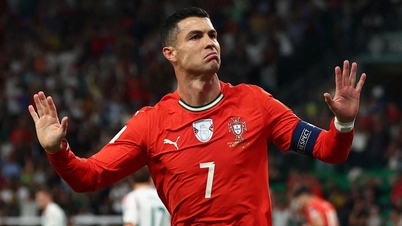
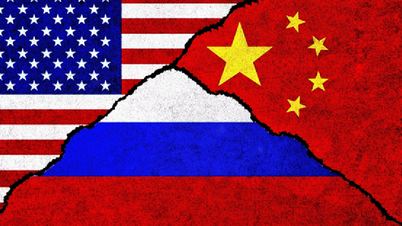

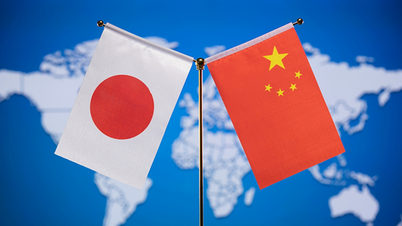


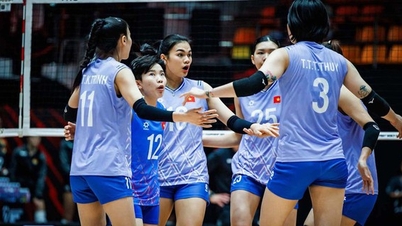





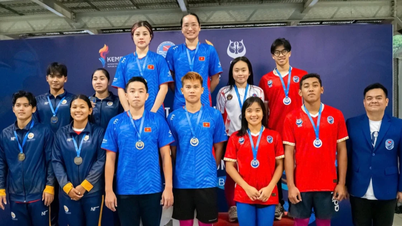






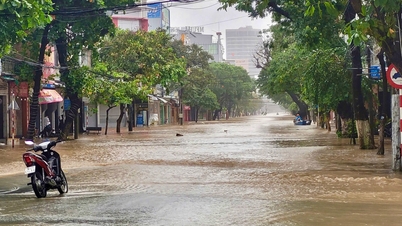

















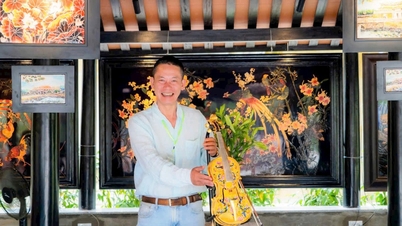





















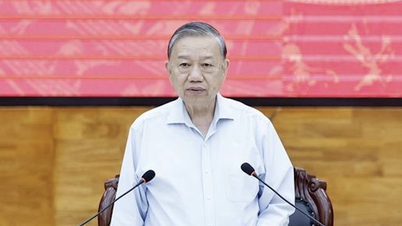



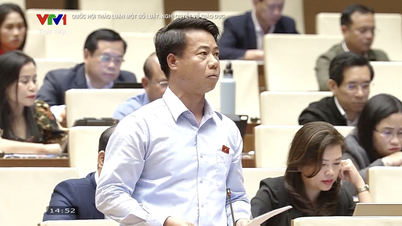










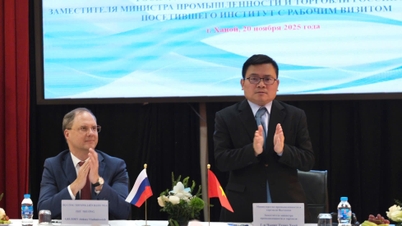


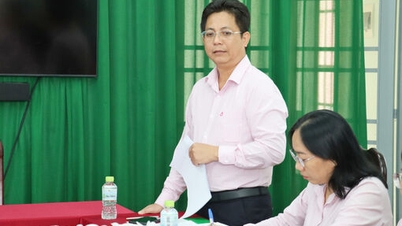







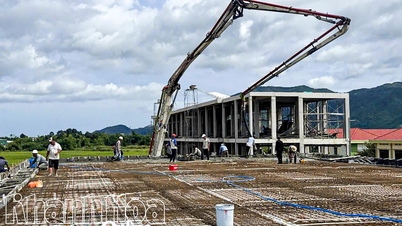










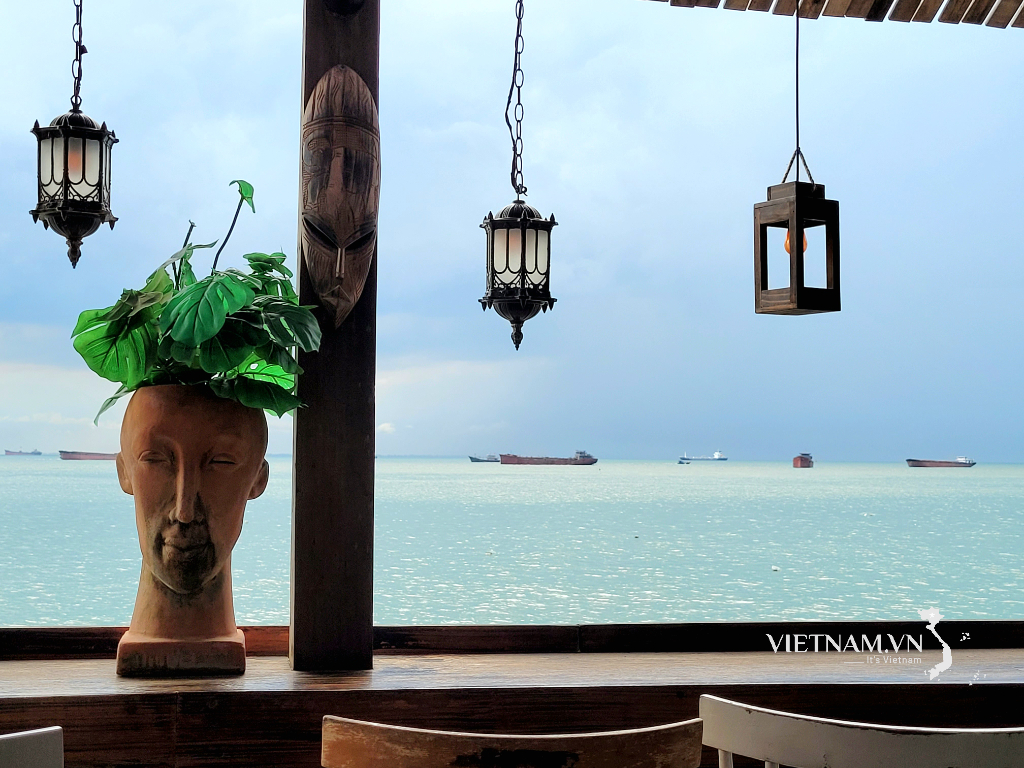



Comment (0)